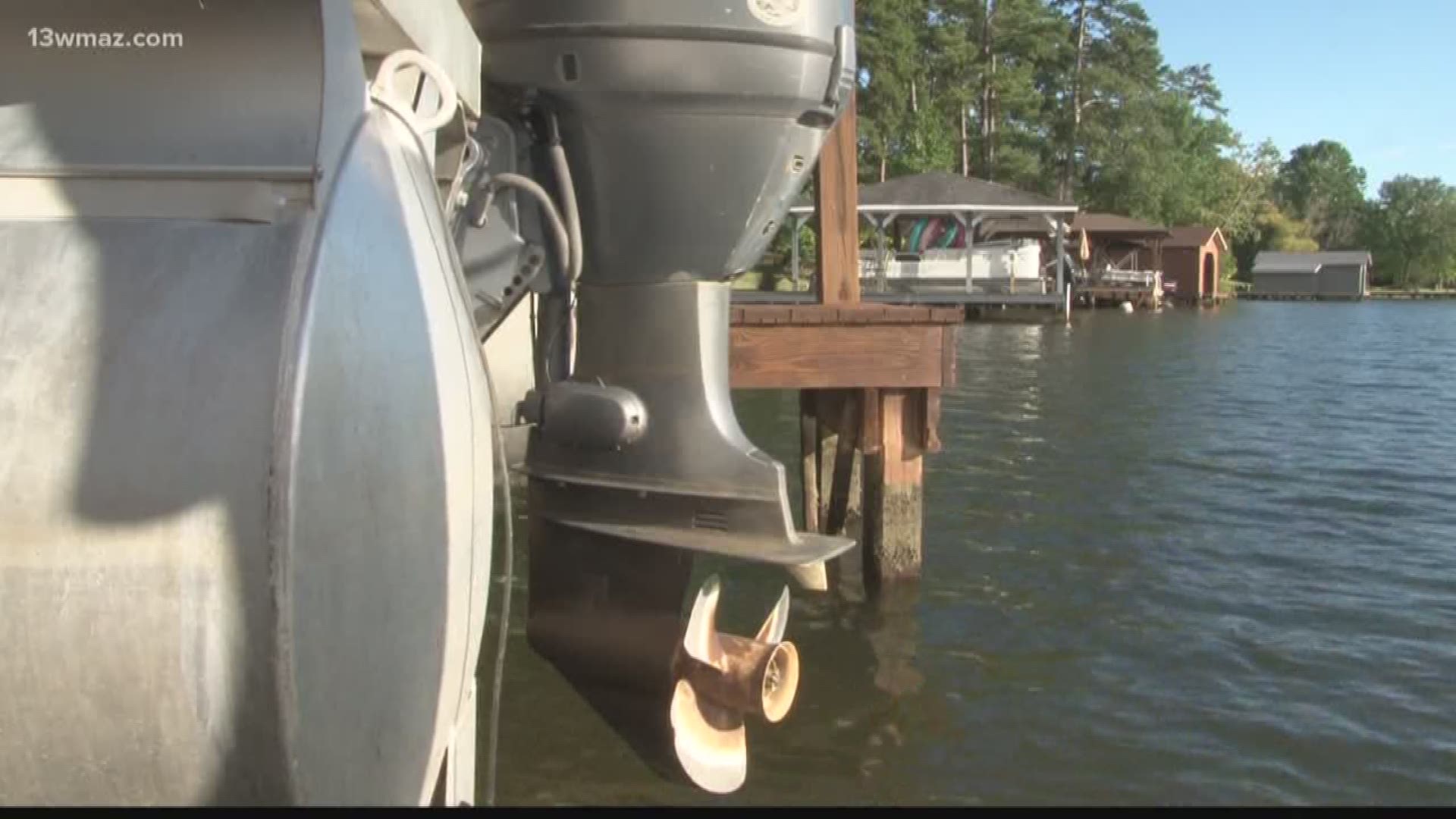Some homeowners living on Lake Sinclair are staying out of the water because of an aggressive plant invasion. When John Geist goes in his backyard, he's got quite the view of the lake.
"I'm not a jet ski guy. I'm a little older than that, so I enjoy just cruising, having fun, and relaxing. I like being in the water," said Geist.
He says the invasive plants in the water feel like a fly on the wall.
"It's more of, like I said, a nuisance, it's an irritant. You just know, it's there and it just is what it is," said Geist.
Over at Georgia College, Kalina Manoylov is an aquatic ecologist and phycologist. That means she studies algae and how organisms interact with each other in certain environments. She says Lake Sinclair has a mixture of different types of plants and algae that homeowners are finding. With more than 30 years of experience, she says these plants have all the ingredients they need to grow. One kind of plant in the water could be a "hydrilla" plant, according to Manoylov. It is typically found in parts of Asia, Africa, and Australia.
"There's lots of nutrients, there's plenty of light, and they are growing and proliferating with out a problem," said Manoylov.
Manoylov says you can pull the plants out of the water to get rid of them, but they'll grow too fast to keep up with. She recommends taking a look at fertilizer in your backyard.
"My long-term vision is how we can prevent that from happening next month, next year, and so forth. That will be with reducing the nutrients," said Manoylov.
Georgia Power has a few tips to deal with those plants:
- Always inspect and clean boats.
- Never dump lawn clippings in the water.
- Do not dump store-bought chemicals into the water yourself.
Geist say he's typically out on the lake about once a week so he's not going to let the plants get in the way of his fun.
"Unless it were a problem in terms of causing a rash or causing issues like that, no, and none of this does that," said Geist.
Georgia Power says it treats certain portions of Lake Sinclair with chemicals to kill off the plants. For more information about getting rid of the plants, visit the Georgia Power Lakes website.

